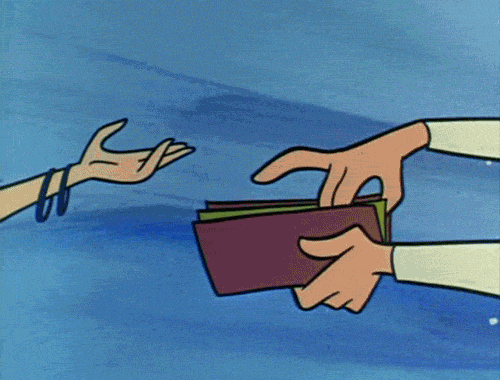You’re such a child.
I mean, I am too, and there’s little we can do about it.
As humans, we just have a natural tendency to want to possess things. It’s written in our DNA, it’s a survival mechanism. If I have this, say tool like a spear, I’m better off and will have a better chance at finding food.
Or so it once was.
Today we have so much and feel we NEED it all!
Well, we do, don’t we?
This effect, the needing of things feeling comes from an underlying subconscious process called the endowment effect. The endowment effect, according to Wikipedia is, “An application of prospect theory positing that loss aversion associated with ownership explains observed exchange asymmetries.”
Wow, that was a mouth full, but essentially, also according to wikeWikipediapdia, “One of the most famous examples of the endowment effect in the literature is from a study by Daniel Kahneman, Jack Knetsch & Richard Thaler,[5] in which participants were given a mug and then offered the chance to sell it or trade it for an equally valued alternative (pens). They found that the amount participants required as compensation for the mug once their ownership of the mug had been established (“willingness to accept”) was approximately twice as high as the amount they were willing to pay to acquire the mug (“willingness to pay”).”
What does this mean for you though?
Well, when you’re organizing and going through your stuff and come across an item you feel you’re having difficulties letting go of ask yourself:
“What would I pay to acquire this item” and “What would I be willing to sell this item for”
If you wouldn’t pay more than 10 dollars or wouldn’t sell it for more than 10, then let it go.
However, if you would pay close to full price for it again, or would pay thousands or millions of dollars to have that specific item, and wouldn’t sell it or, would only sell it for an outrageously high price, then obviously keep it.
Try to gauge how much you actually value the item, and stray away from the initial feeling of wanting to keep it just because you have it and it’s yours.
(we could all probably use a strategy like this in our romantic relationships too huh?)
With each item, think about the next life the item could have and the joy it could bring someone else. If that doesn’t do it for you remember how you’re just keeping it because we all learn to classify stuff as ‘ours,’ and when we’ve invested time into something it makes it extra hard for us to let go, check out my blog on the sunk cost fallacy, and why we often hold on for too long.
We tend to forget about the thing after it’s been stored away for about a week and has our amazon cart filled with 5 more new things that we’ll soon have trouble letting go of at a later date because, well, it’s just ours now.



